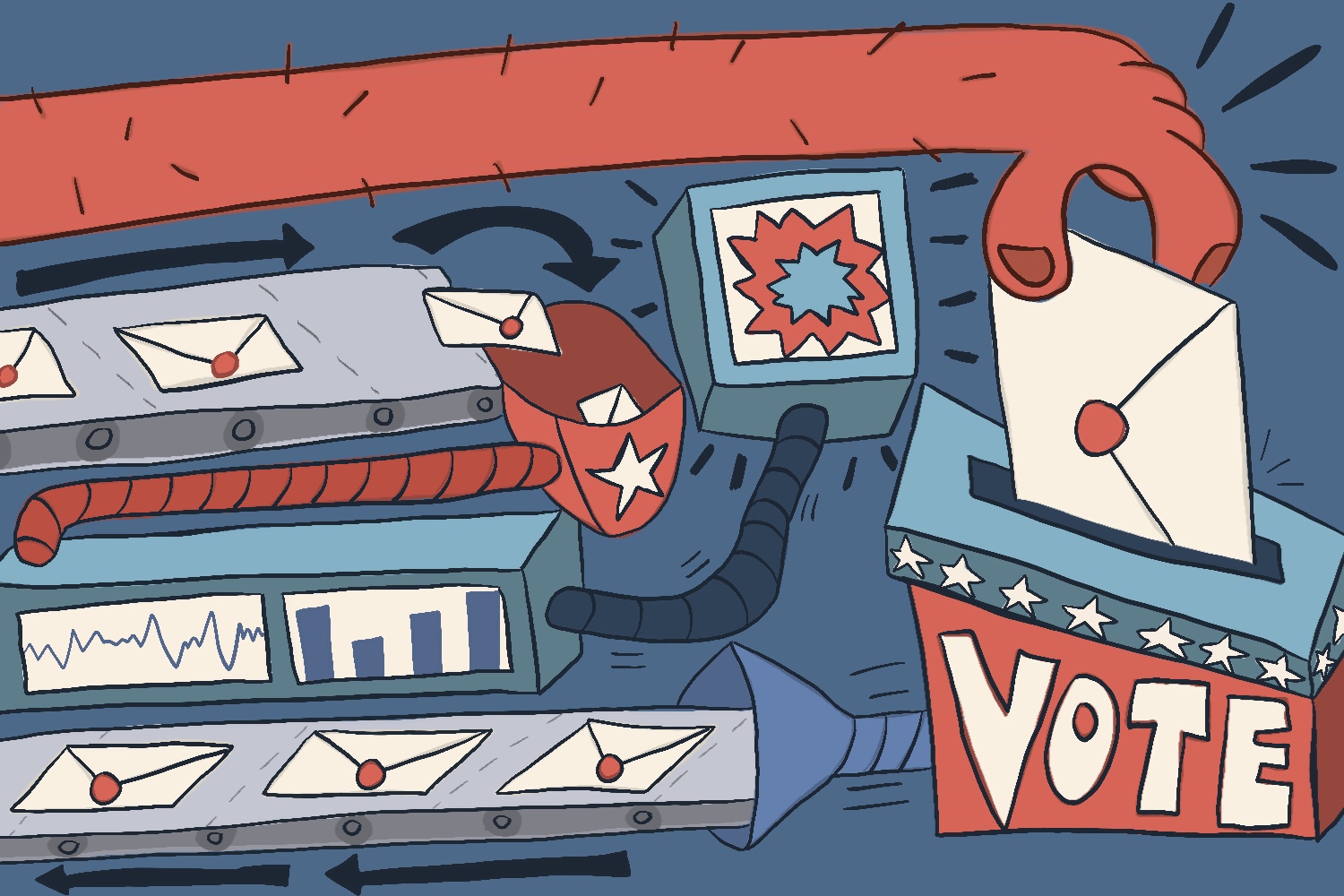(U-WIRE) BOSTON – The recording industry made good on months of threats by filing 261 lawsuits against individual MP3 file sharers on Monday, a number that does not yet include any Boston University students, according to Robert Smith, associate general counsel for the university. However, the 261 people sued Monday represent only a fraction of the 1,600 people that the Recording Industry Association of America has been targeting over the last few months, Smith said. BU is expecting subpoenas for information regarding possible copyright violators on campus, he said. “I have been in communication with the lawyers for the RIAA since about the Fourth of July and they have let me know, in no uncertain terms, that more [lawsuits] are coming, directed to Boston University,” Smith said. The RIAA has filed the lawsuits based on subpoenas served to internet service providers for the names of people who use file sharing programs such as KaZaA and Grokster. They are particularly concentrating on college campuses, which they consider hotbeds for illegal file sharing, according to Smith. A subpoena was filed against BU in July, which the university originally fought because it was filed through the incorrect court. However, when the RIAA corrected the problem, BU complied. Smith said the user mentioned in the subpoena did not turn out to be a BU student, faculty or staff member. Smith said as an internet provider, BU is legally obligated to honor any subpoenas it receives. Smith added the university has no interest in helping people who have committed illegal copyright infringement, which is the official charge of the lawsuits. “There is nothing that this institution will do to give shelter, aid or comfort of any kind to any one of our members who is acting unlawfully or illegally,” Smith said. Smith said as a university creates intellectual property every day, BU should also protect others intellectual property. “As one of the leading research universities in the country, our faculty, in every field — music, poetry, science, engineering, research of every kind — create and develop intellectual property,” Smith said. “As a consequence of this, and really as part of our core mission and who we are, we have a very real interest in seeing to it that the intellectual property laws are honored and respected.” Smith said he felt students would better understand the RIAA’s stance if they thought of it in terms of their own work.”This whole copyright thing really strikes at the heart of who we are,” Smith said. “Why should the poet at the end of Bay State Road have his work stolen? Why should the musician in the [College for the Arts] — and the playwrights and the other writers around here — have their work stolen?” To stop pirating and ease the number of lawsuits filed, the RIAA has begun offering an amnesty program starting this week that allows anyone who will admit they have downloaded music and erase it from their hard drives, to be free from any future lawsuits. The recording industry has blamed online file sharing for a 31 percent drop in compact disc sales since 2000, according to RIAA published reports. According to Smith, copyright laws allow the RIAA to sue students for anywhere from $750 to $30,000 per song. Students with more than 1,500 copyrighted songs on their hard drive could pay upwards of $1.1 million. College of Communication freshman Kim DeRosa said she thinks the harsh fines are a bit unreasonable. “It’s kind of dumb — no college student has that kind of money — it’s their parents’ money,” she said. “I think it is understandable why they would do it because it obviously stops artist from making money. It kinds sucks for me [though].”. The RIAA appears to be focusing their attention on people with over 1,000 files. “[BU is] very concerned that members of our community obey the law and not use goods and services — or services and programs — that we provide in any unlawful manner,” Smith said.












